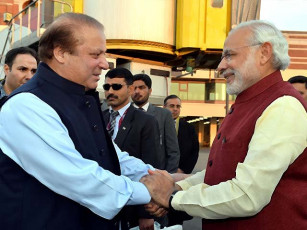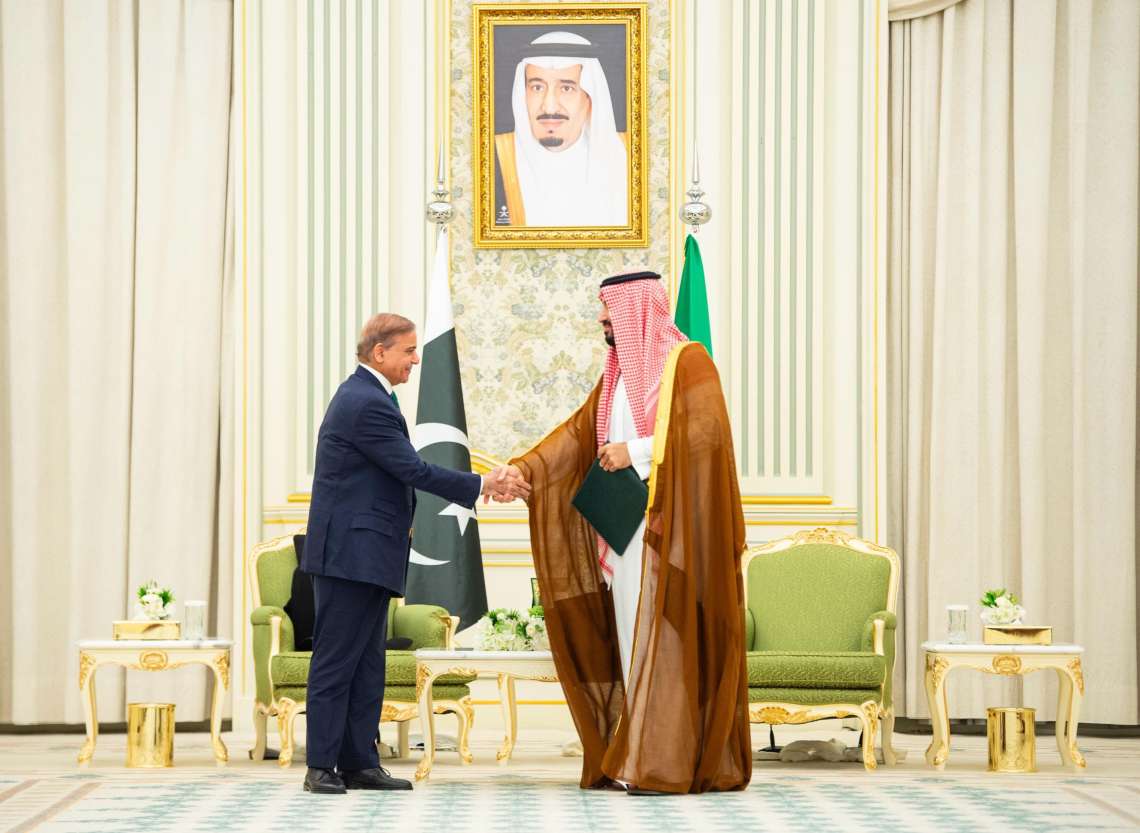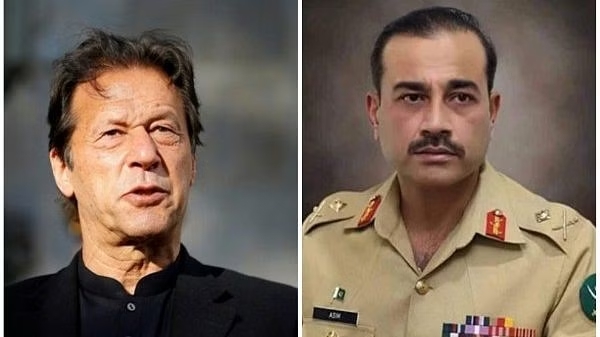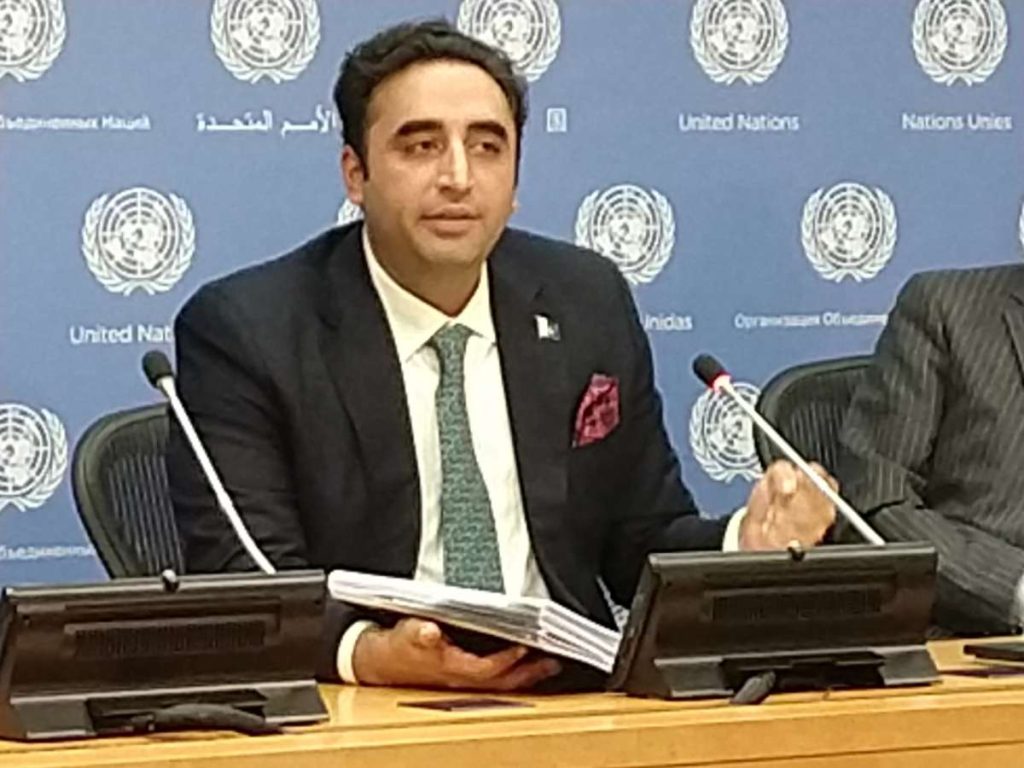In reference to Pak-India relations, it is now a known fact that decades long rivalry and tensions between the two nuclear-armed neighbors has kept the region on the verge of uncertainty…reports Asian Lite News
On 8th of February 2024, Pakistan’s registered voters will be lining up to vote for their favorite candidates and the party they want to see run the country for the next five years.
Any party or parties that form the government would be confronted with some major challenges in terms of its relations with its neighbors and beyond including India, Iran, Afghanistan, China and the United States.
Pakistan has seen escalating terrorism problems kindling tensions with Afghanistan and Iran recently. Pakistan has a long-standing border conflict with India and its relationship with China and parallel terms of communication with the US are also part of the concern the country faces.
In the past elections, there have been many issues that have remained as part of public gathering speeches of political leaders during their election campaigns. India’s mention in relevance to the border disputes and the Kashmir dispute has always been part of every speech of every political leader, used to garner support from the masses.
However, the upcoming elections and the ongoing election campaigns of political parties do not seem to give too many highlights to the India mention and have been focused on addressing issues related to poverty, inflation, growth and development.
While the domestic challenges hold much greater importance under the current circumstances in the country; presenting the country’s future foreign policy and its relations with major regional and global powers cannot be ignored.
In terms of relations with the US, Pakistan has been a leading recipient of US aid for decades amid the war in Afghanistan. However, Washington has been skeptical of its support due to Islamabad’s lack of initiative against terror groups on its soil and across the border. Imran Khan’s tenure further plunged the Pak-US relations into more severity as he criticised the US and tried to cozy up more with China.
On part of the Biden administration, a much softer approach is witnessed in reference to Pakistan’s electoral issues and the process, which is interestingly in contrast with its strong and assertive stance on Bangladesh’s elections. Some believe the US’s softness is to avoid a deeper political crisis.
In reference to Pak-India relations, it is now a known fact that decades long rivalry and tensions between the two nuclear-armed neighbors has kept the region on the verge of uncertainty.
During 2019, the tensions had threatened to hit boiling point during the cross-border conflicts. However, many observers believe that with Nawaz Sharif tipped to form the next government in Pakistan, and with Narendra Modi being seen to retain office for the next term, the duo carry the potential to work towards normalisation of relations.
China holds pivotal value for Pakistan as it has become Islamabad’s most reliable ally. From military assistance worth billions of US dollars, coupled with billions of dollars of investment through the flagship project CPEC (China Pakistan Economic Corridor) of China’s Belt and Road Initiative (BRI), China has been on Pakistan’s rescue in many ways.
Despite the fact that some of CPEC projects have stalled or slowed down in pace, analysts say that Sharif government could put these projects back on track and even accelerate the cooperation with Beijing as well.
While foreign policy matters are critically important for any government in Pakistan, the current upcoming election campaigns seem more focused on major domestic matters of inflation, unemployment and growth.
ALSO READ-Economic Crisis and Security Threats Loom Over Pakistan













